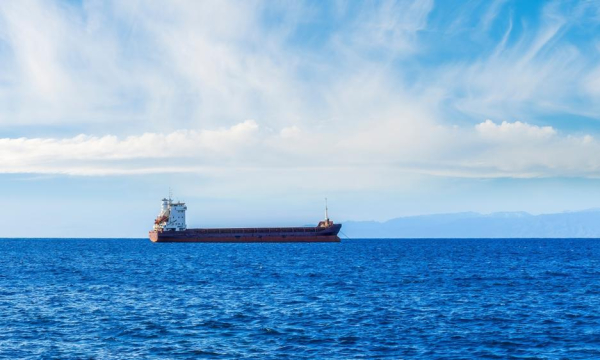A Greek-flagged tanker docked in Perth, on Australia's west coast, sparking nationwide protests because it was loaded with gasoline produced in India from Russian crude oil. The Kremlin's sanctions-evading measures were raised in the Australian Senate on Friday.


Russia has found another way to circumvent Western sanctions on its crude oil: it supplies it to Indian refineries, where, processed into diesel and gasoline, it is then shipped to countries such as Australia. In the first four months of 2025, the country imported approximately $650 million worth of petroleum products from India, according to data from the Helsinki-based Center for Research on Energy and Clean Air (CREA). Most of this likely came from Russian supplies.
Australia’s Defence Minister, Paul Papalia, admitted last week that Russia may indeed be circumventing sanctions and getting its oil into the Australian market through “underhanded means.”
The European Union has also recognized this problem, recently imposing sanctions on the Indian refinery Jamnagar, in which Russia's Rosneft is a shareholder. But Jamnagar, although one of India's largest state-owned enterprises, is not the only one supporting Russia.
According to Reuters, although all Indian state-owned refineries suspended purchases of Russian crude last week and are currently seeking new sources in the Middle East, they are not the largest recipients of Russian crude. Private companies in India remain the largest buyers of Russian crude, undeterred by sanctions, and continue to accept Russian crude and then export it as Indian gasoline.
Protesting Australians called the Indian shipments “blood oil” and demanded that the authorities immediately stop these imports and turn back the tanker docked in their country's port.
But Australian authorities say there's little they can do, as the Greek ship hasn't violated sanctions. It presented legal documentation confirming it was loaded in India, not Russia, and determining the source of the gasoline is currently virtually impossible.
Protesters, supported on Friday by Western Australian Senator Fatima Payman, are demanding that these loopholes be closed. Speaking in the Australian Senate, she told Foreign Affairs Minister Penny Wong: “Australians deserve to know that filling up their cars is not contributing to the war in Ukraine. Our values should not be undermined at petrol stations.” She called on the government to follow the EU's lead and send border guards to prevent the unloading of Russian fuel.
John Coyne, director of national security at the Australian Strategic Policy Institute, shares a similar view. He was quoted on Friday by the Australian website Abc.net as saying that if Australia is to fully deliver on its sanctions commitment, it must also ensure “that we do not contribute to a system that filters Russian content into India.” (PAP)
you/ IU/






